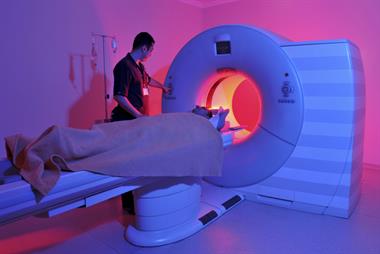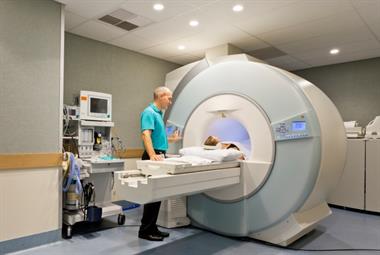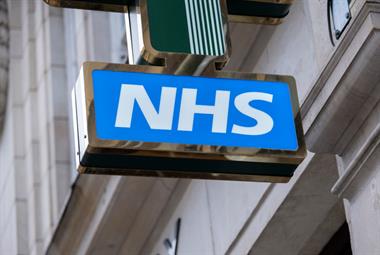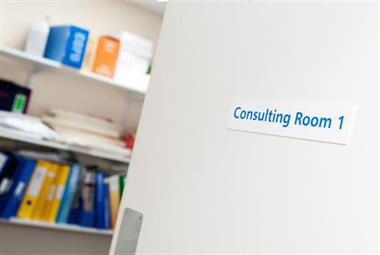Significant event analysis (SEA) is a quality improvement activity that is well established in primary care. Significant events are defined by the RCGP as events where the practitioner can identify an opportunity for making improvements, either because the outcome was substandard or because there was a potential for an adverse outcome.
Analysis should be systematic and robust with the aim of providing learning and improving systems or services which will lead to better care for patients.
Macmillan's free services
Macmillan’s free services and information can help you support people throughout the cancer journey. Our support includes face-to-face, telephone and online support, as well as over 500 different printed materials and a range of informative videos. Click here
This article has been funded by Macmillan for GP Connect
SEA is one of the required quality improvement activities that, as GPs, we need to carry out as part of annual appraisal. In carrying out an SEA we are forced to reflect on things that went well and not so well for a specific case.
This reflective practice is considered a vital skill to be able to demonstrate for revalidation and one which we may feel we do intuitively but do not necessarily find easy to do in a structured, demonstrable way. Performing good quality SEA provides an excellent way to evidence this reflective practice.
SEA following cancer diagnosis
The 2015-2020 national cancer strategy, published last year, had a specific recommendation that all GPs should be required to undertake an SEA for any patient diagnosed with cancer as a result of an emergency admission.
For an SEA to have clear impact and bring about change, it needs to be of good quality. It needs to involve a detailed and honest look at the case and should, if possible, identify why things may have not gone as well as they could have and then lead to a dissemination of the learning and appropriate changes being made, for example, to practice systems, referral processes or secondary care services.
It is important to highlight, however, that this can be a disconcerting process to go through but that it is important, as a primary care team, to be able to demonstrate transparency and a commitment to learn from when things have perhaps gone wrong such as a diagnoses potentially being missed or delayed.
Online toolkit
GPs may require support and training around how to carry out a robust case analysis, with this in mind, we at Macmillan Cancer Support have worked with NHS England and the RCGP to run a quality improvement programme focusing on the early diagnosis of cancer.
This programme includes an online toolkit to guide GPs through the process of carrying out a good quality SEA, as well as including practical resources to enable CCG cancer leads, appraisers and trainers to educate others.
The SEA toolkit contains, among other things, templates for carrying out an SEA, examples of good quality SEAs, training materials, guidance on safety netting in primary care and the use of the electronic Cancer Decision Support tool.
Diagnosing cancer early can be difficult and so it is important, when perhaps a delay has occurred or, as the national strategy suggests, when a patient is diagnosed as an emergency that we do all that we can to ensure we take away any learning and make any necessary changes to ensure similar delays don’t occur in future cases.
SEA is a vital way of achieving this so we need to encourage this to happen and the toolkit is one way of supporting GPs through this, sometimes difficult and daunting, process.
To access this toolkit, visit the RCGP website
- Dr Anthony Cunliffe is a Macmillan GP in London
Picture: iStock













